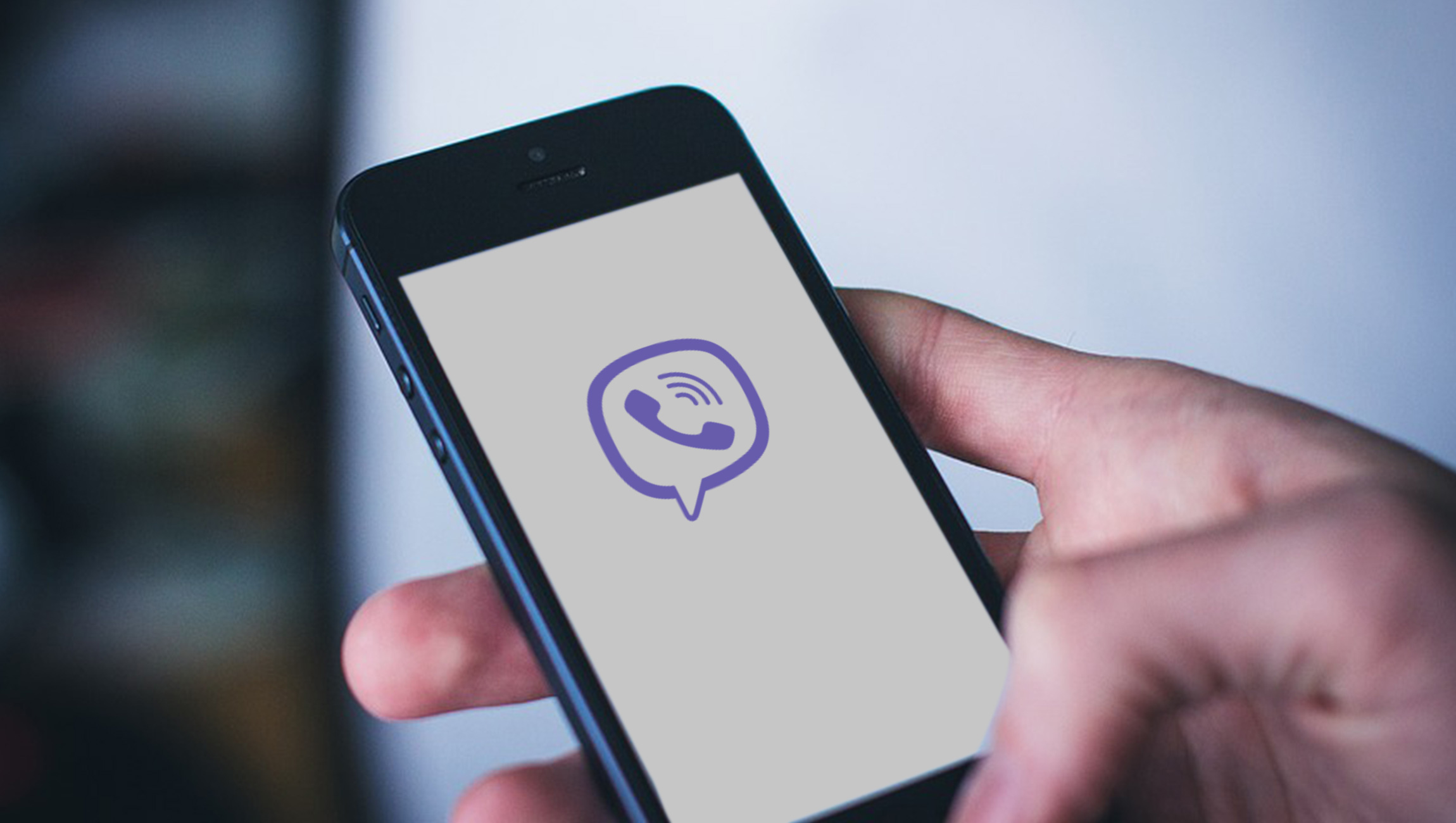![]() Digital platforms have transformed how we communicate. From the introduction of email to the new social media apps that pop up every day, communications platforms have created big opportunities for marketers to find and reach customers (both current and prospective).
Digital platforms have transformed how we communicate. From the introduction of email to the new social media apps that pop up every day, communications platforms have created big opportunities for marketers to find and reach customers (both current and prospective).
The next communications frontier for marketers is messaging apps. While not necessarily an innovative or new concept, messaging platforms are fundamentally changing how consumers connect with friends, family, and their favorite brands. In fact, recent data shows that US adults will spend a daily average of 10 minutes on messaging apps in 2018, and this number will only continue to inch up in the coming years.
Read More: For Brands, It’s Time To Start Paying Attention…To Attention
As with any new communications platform, brands must determine the right (and wrong) ways to connect with their customers – creating genuine conversations that result in strong connections. To formulate their messaging app strategy, brands should start by capitalizing on the following three trends:
Customer service – Driving meaningful, one-to-one engagements
Traditional customer service processes are drawn out and frustrating – requiring customers to sit on hold for a representative to answer the phone, or worse, come in-store to handle an issue. While social media has started to shift this dynamic, brands still have trouble responding to customer issues in a timely manner, and when they don’t, they get blasted on a public forum like Twitter.
Messaging apps flip the customer support dynamic on its head, driving direct engagements between the company and customer. There is also an opportunity to offer instant access to self-service tools like chatbots that can provide instant answers to consumers’ most pressing questions and send timely alerts. Not only do messaging platforms ensure a customer’s issue is resolved quickly, they help to build a connection with individuals that drive long-term brand loyalty.
Read More: The Trouble with Digital Advertising Agencies
Ecommerce – Improving the shopping experience
Messaging apps don’t just offer a direct line to speak with customers – they also create a new platform to browse products and complete purchases. With features like a shopping keyboard, brands can take their customer engagements to the next level without requiring shoppers to have different applications open.
There is also a shareability factor. Today’s consumers use social platforms to get validation or recommendations from their friends. By taking advantage of ecommerce features within a bigger messaging app, brands create the opportunity for customers to browse and share products with friends, all in one platform. Ultimately, this helps to trigger shopper inspiration, serving as a more natural way to discover products versus a traditional advertisement.
Read More: What Type of Content is Best for Lead Generation?
Security – Keeping customers (and their data) safe
Safety is no longer just about ensuring our credit card information isn’t hacked – consumers are concerned about companies accessing their private conversations for insight on interests and behaviors. Therefore, brands must ensure they’re leveraging platforms that keep customer data safe. Viber recently commissioned a survey that investigated consumers’ demands for social media and messaging platforms – finding that more than half of U.S. consumers (55%) would stop using an app if they knew their message could be read or analyzed by third-parties.
To meet this expectation, marketers should look to applications that offer features like full end-to-end encryption to ensure no one but the recipient of a message can access or analyze the conversation. While marketers often look at social or messaging apps as a new opportunity to target advertisements, the key is to remove direct conversations from the equation and instead look at public information on user behaviors (for example, groups they’ve joined and brands they’ve followed) to present them with the best-fitting ads that won’t come off as “creepy.” By taking this wider approach to advertising, brands can showcase that they prioritize user security and build long-term consumer trust.
As brand marketers tap messaging platforms to drive stronger customer engagements, they will need to consider the customer service, ecommerce, and security features that different apps provide. Finding the platform that best aligns with their marketing goals will help them formulate a messaging strategy that creates long-term customer connections and satisfaction.
Read More: Four Signs Your Document Management Tools Need a Fresh Look




Comments are closed.